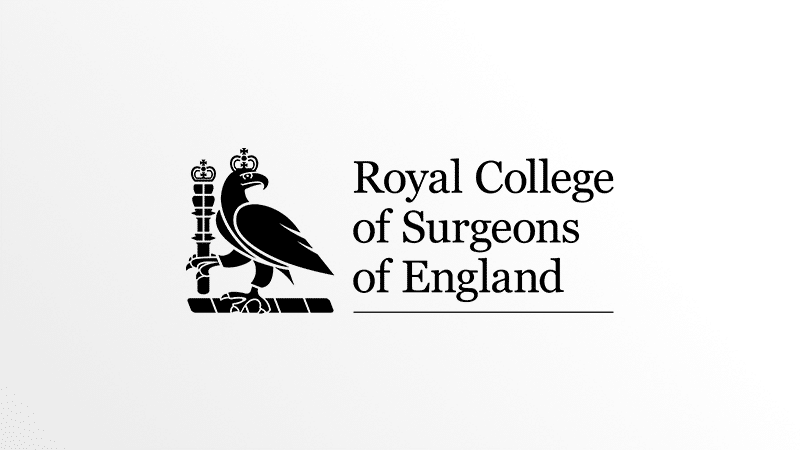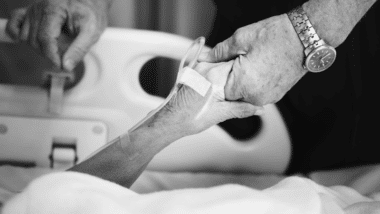The Royal College of Surgeons (RCS) of England has ended its backing for laws protecting some of the most vulnerable people in society from assisted suicide.
Following a survey of members that generated a poor response, the RCS Council voted to adopt “a neutral position on the issue”.
Only 3,268 of its 17,631 members took part in the College’s online questionnaire. One in four said the RCS should oppose doctors being allowed to help patients kill themselves.
‘Immoral’
Just over half – 52 per cent – of respondents said RCS England should be supportive of legalising assisted suicide, while 20 per cent favoured a neutral stance.
Of all those who responded, one in seven expressed concerns about exposing vulnerable patients to potential coercion or abuse, and one in ten said assisted suicide was against their religious beliefs.
One surgeon stated: “Doctors are trained to heal not to take life.” Another respondent said that “ending another’s life is immoral”.
Activist group Dignity in Dying, formerly known as the Voluntary Euthanasia Society, praised the RCS decision.It is impossible to fully rule out the possibility that the person is motivated by pressure from others, or an altruistic desire to avoid being a burden to their family or the wider community.
Retired Member, Opposed
‘Caving in’
Responding to the vote, the Institute’s Deputy Director Ciarán Kelly said: “It’s astonishing that the College should abandon its pro-life position without the overwhelming and unequivocal support of its members.
“Patients and families dealing with the prospect of death will find this decision profoundly disturbing. Neutrality smacks of ambivalence.
“The RCS should be resisting those pushing the hopeless agenda of assisted suicide, not caving in to their demands.”
Culture
Earlier this year, former President of the Royal College of Psychiatrists Baroness Hollins warned MPs that legalising assisted suicide would damage the culture of caring for the vulnerable.
Speaking to the House of Commons Health and Social Care Committee, she said everyone needs to know they will “be directed to the right support”, but introducing assisted suicide would change the “culture, the attitude and everything”.
Lady Hollins added: “I am particularly concerned about the extension to people with mental illness, and to disabled people, particularly people with learning disability and autism, who are so open to suggestion”.
The Committee is currently hearing evidence on access to palliative care, the role of medics in assisted suicide, and eligibility criteria for such services in England and Wales.
ROI palliative care experts tell Oireachtas: ‘We offer end-of-life care, not suicide plans’
Columnist: ‘Scotland must back away from cliff-edge of assisted suicide’
Palliative care expert: ‘Assisted suicide does not give a patient dignity’


